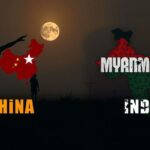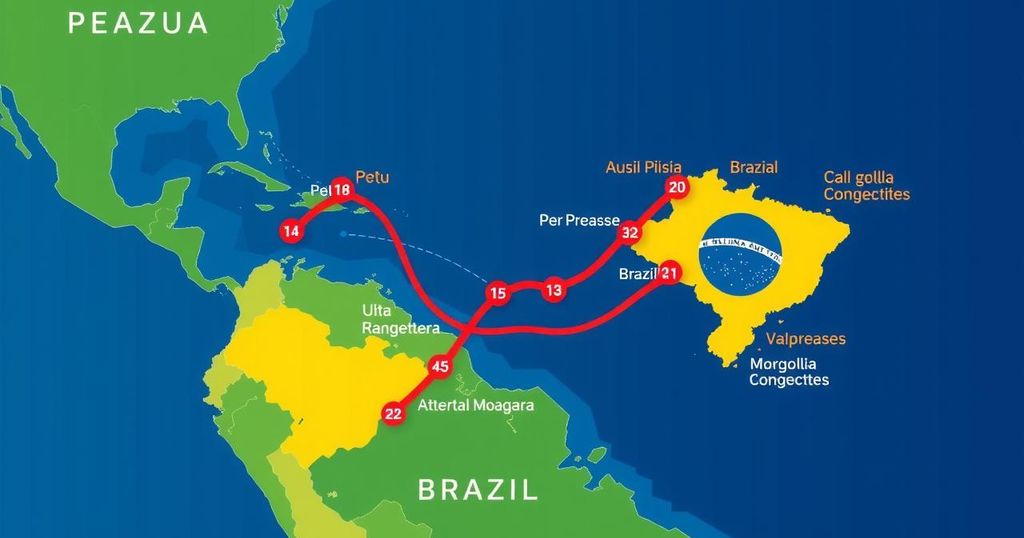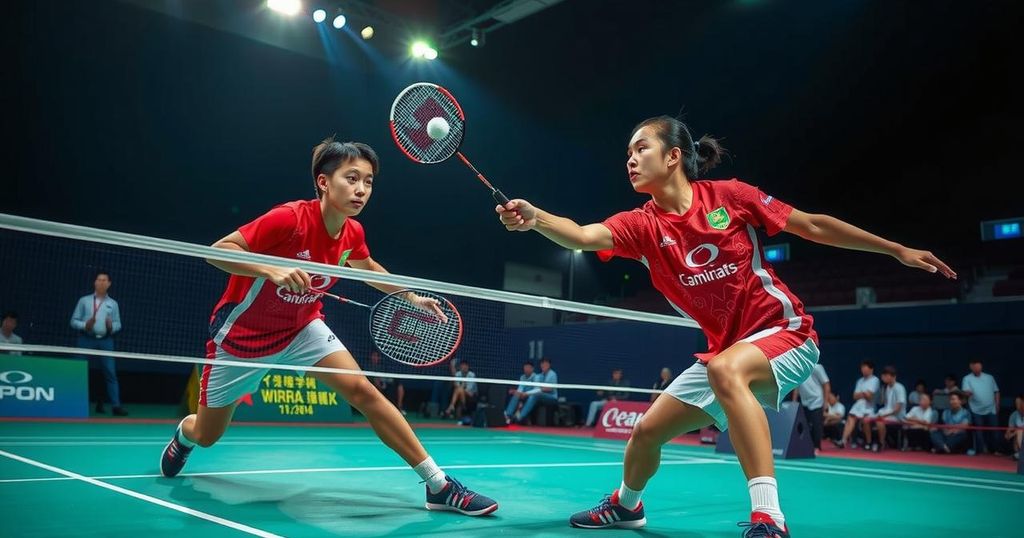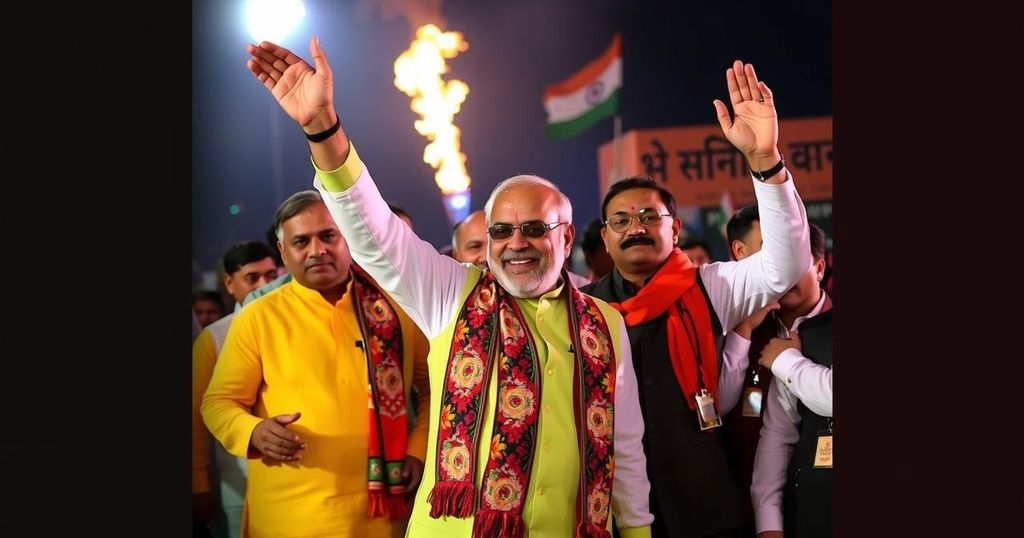Limited Engagement Between PM Modi and PM Trudeau at ASEAN Summit in Laos
During a brief exchange at the ASEAN summit in Laos, Indian PM Modi and Canadian PM Trudeau had no substantive discussions. Tensions persist due to Trudeau’s prior allegations against India regarding a terrorist’s assassination. India demands resolute action from Canada against Khalistani extremists operating in its territory for relations to improve.
During the ASEAN summit meetings in Vientiane, Laos, Indian Prime Minister Narendra Modi and Canadian Prime Minister Justin Trudeau engaged in only a brief exchange with no significant discussions taking place between the two leaders, according to sources from the Indian government. Trudeau himself mentioned a “brief exchange” during a press conference, highlighting the limited interaction. The backdrop of this encounter stems from ongoing tensions related to allegations made by Trudeau last year in Parliament that implicated India in the assassination of Canadian national Hardeep Singh Nijjar, categorized as a terrorist by India. This incident has strained bilateral relations further, resulting in India’s firm stance that relations cannot be normalized unless Canada takes decisive actions against individuals associated with anti-India activities. The Indian government has reiterated its expectation that Canadian authorities curb the activities of Khalistani extremists operating in Canada, who are perceived as promoting violence and engaging in organized crime linked to drug syndicates and human trafficking. The Indian authorities have highlighted that many individuals on the National Investigation Agency’s most-wanted list are currently in Canada, and the Indian government has been actively seeking their extradition. Despite the diplomatic interactions, India remains concerned about the lack of firm action from Canada regarding anti-India demonstrations that have taken place on Canadian soil, leading to heightened diplomatic strains.
The strained relationship between India and Canada is primarily rooted in accusations concerning terrorist activities and the implications of supporting such elements on Canadian territory. Prime Minister Trudeau’s past allegations regarding India’s involvement in the assassination of Hardeep Singh Nijjar have further complicated diplomatic relations. India asserts that these allegations and the subsequent actions taken by Canada, such as recognizing Nijjar in Parliament, symbolize an endorsement of terrorism, which India finds unacceptable. The matter is further exacerbated by ongoing protests and activities by Khalistani supporters in Canada that India views as a direct threat to its national security.
In summary, the limited interaction between Prime Minister Modi and Prime Minister Trudeau during the ASEAN summit reflects the ongoing tension between India and Canada, primarily centered around issues relating to terrorism and the responsibilities of the Canadian government towards anti-India elements operating within its borders. Without substantial measures from Canada to address these concerns, the possibility of normalizing relations appears remote.
Original Source: www.wionews.com







Post Comment